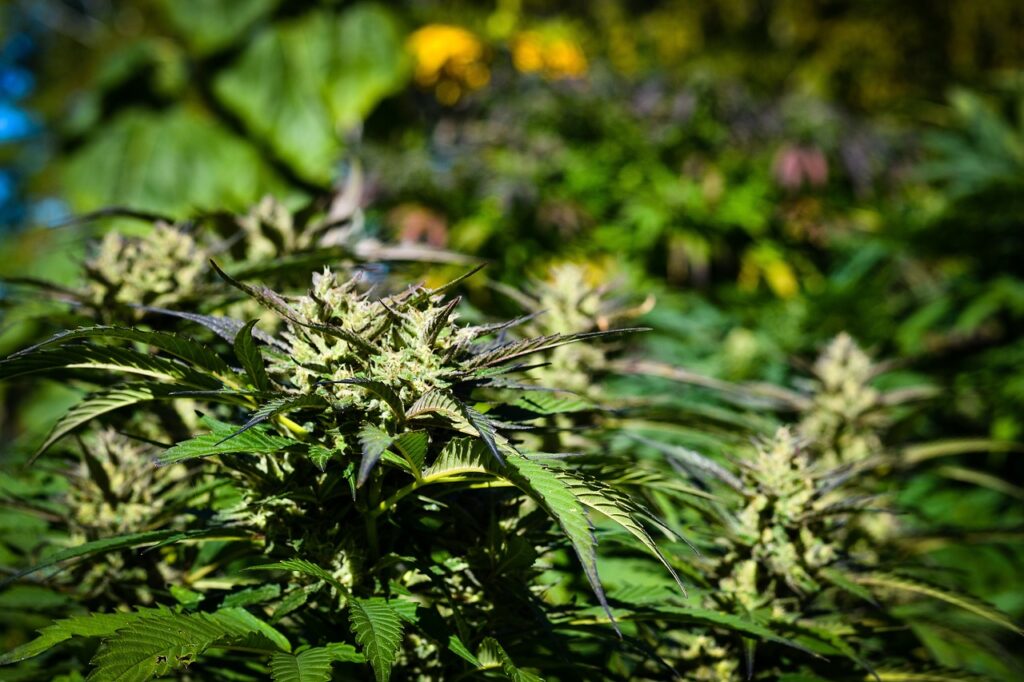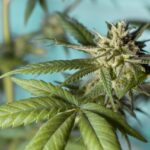THCA flower is gaining attention in the cannabis community for its unique properties and potential benefits. This article explores what THCa flower effects and side effects is, its benefits, how it differs from other cannabis products, and its legal status. By the end, you’ll have a comprehensive understanding of this intriguing cannabis component.
What is THCA?
THCA, or tetrahydrocannabinolic acid, is a non-psychoactive cannabinoid found in raw and live cannabis plants. Unlike THC, which is known for its psychoactive effects, THCA does not produce a high. It is the precursor to THC and converts into THC when exposed to heat through a process called decarboxylation.
Decarboxylation Explained
Decarboxylation is a chemical reaction that removes a carboxyl group from THCA, transforming it into THC. This process occurs naturally over time as the plant dries, but it can be accelerated by applying heat, such as when smoking or vaping cannabis.
Benefits of THCA Flower
THCA flower is praised for its potential therapeutic benefits. While research is still in its early stages, preliminary studies and anecdotal evidence suggest several promising uses:
- Anti-inflammatory Properties: THCA may help reduce inflammation, making it a potential option for those with arthritis or other inflammatory conditions.
- Neuroprotective Effects: Some studies indicate that THCA might protect brain cells, which could be beneficial for neurodegenerative diseases.
- Anti-emetic Benefits: THCA has shown potential in reducing nausea and vomiting, which could aid patients undergoing chemotherapy.
- Appetite Stimulation: Like THC, THCA may help stimulate appetite, which can be beneficial for individuals with eating disorders or those undergoing treatments that affect appetite.
THCA vs. THC: Key Differences
While THCA and THC are closely related, they have distinct differences:
- Psychoactivity: THCA is non-psychoactive, meaning it does not produce the high associated with THC.
- Legal Status: THCA is often legal in places where THC is not, as it does not have psychoactive effects.
- Consumption Methods: THCA is typically consumed in its raw form, such as in smoothies or juices, to preserve its non-psychoactive properties.
Legal Status of THCA Flower
The legal status of THCA flower varies by region. In many places, THCA is not classified as a controlled substance because it does not produce psychoactive effects. However, once THCA is converted to THC, it falls under the same legal restrictions as THC. It’s crucial to understand local laws and regulations regarding cannabis products before purchasing or consuming THCA flower.
How to Use THCA Flower
THCA flower can be used in several ways, depending on the desired effects:
- Raw Consumption: Consuming THCA flower raw preserves its non-psychoactive properties. It can be added to smoothies, salads, or juices.
- Topical Applications: THCA can be infused into creams or balms for topical use, potentially providing localized relief for pain or inflammation.
- Vaping or Smoking: When heated, THCA converts to THC, providing psychoactive effects. This method is suitable for those seeking the traditional effects of cannabis.
Case Studies and Research
Research on THCA is still emerging, but several studies highlight its potential:
- A 2013 study published in the British Journal of Pharmacology found that THCA exhibited anti-inflammatory properties in animal models.
- Research from the University of Guelph in 2017 suggested that THCA might have neuroprotective effects, potentially aiding in the treatment of neurodegenerative diseases.
- Anecdotal evidence from patients using THCA for nausea and appetite stimulation has been positive, though more clinical trials are needed.
Conclusion
THCA flower offers a unique approach to cannabis consumption, providing potential therapeutic benefits without the psychoactive effects of THC. As research continues, the understanding of THCA’s full potential will likely expand. Whether used raw for its non-psychoactive properties or heated for traditional effects, THCA flower represents an exciting area of exploration in the cannabis industry.


